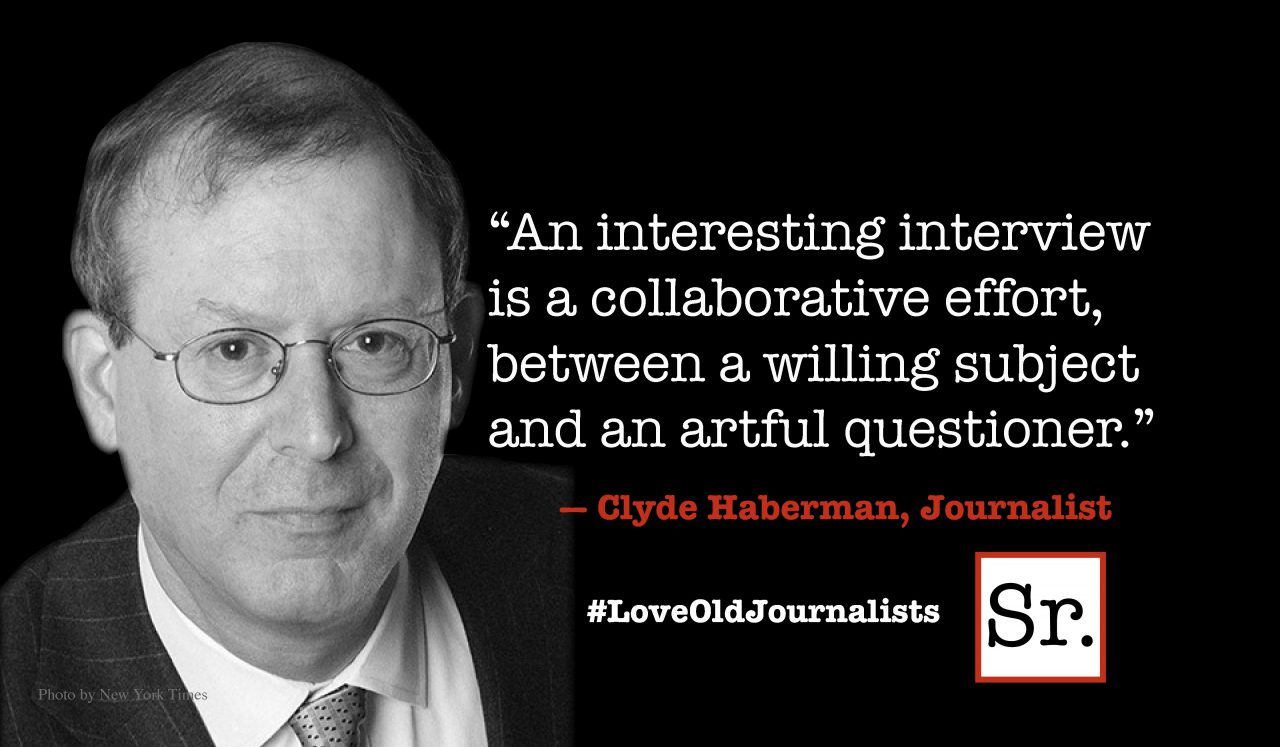“12 Years a Slave” is gruelling.
Exhausting.
Horrifying.
It is, one can say without fear of contradiction, the best, most complex and fully-realized fictional film ever about American slavery.
Here the full panoply of institutional evil is on display, not just the physical abuse (whippings, chains, drudgery) but the emotional toll.
There have been other movies on the subject, but most have either been a whitewash (“Gone with the Wind,” which feels unwatchable in the wake of the gut-punch that is “12 Years…”) or the stuff of lurid exploitation (“Mandigo” and, yes, Quentin Tarantino’s “Django Unchained”).
Steve McQueen’s film — based on the 1853 memoir of a free black man who was kidnapped and sold into slavery — manages to reference slavery’s many evils without feeling exploitative.
Moreover, it does something I’ve never before seen. In addition to telling its story from a slave’s point of view, it is a devastating study of the corrosive influence of the “peculiar institution” on the lives of slaveholders themselves.
In 1841 Solomon Northup (Chiwetel Ejiofor) lived in upstate New York with his wife and family. A free Negro, he enjoyed the rights and privileges of any citizen. He was well liked and admired and made a good living as a musician.
Lured away with the promise of work on the road, he was drugged and awoke to find himself in chains in a dank cellar somewhere in Washington D.C. (The still-unfinished Capitol building towers over the town, providing a silent but eloquently ironic commentary on Solomon’s situation.)
Like any free man, he indignantly protests his treatment — and is beaten for it. He learns to keep quiet.
Soon, with other kidnapped blacks, he finds himself with a new name — Platt — and on a steamboat headed south to Louisiana, where he will pass through the hands of two masters.
Ford (Benedict Cumberbach) is what you might call a Jeffersonian slaveholder. An essentially decent man, he knows slavery is wrong but is too invested economically in his plantation to repudiate the practice.
Still, the slave and the master develop something approaching mutual respect — it’s pretty clear that Solomon/Platt is the only person for miles around with whom Ford can hold an intelligent dialogue.
But in a world where a black man can be hanged for reading and writing, Solomon knows to keep his light well hidden.
His second master, Epps (Michael Fassbender), long ago abandoned decency and is now wallowing in a self-hate that manifests in outbursts of violent cruelty.
Fassbender — who starred in McQueen’s earlier features “Hunger” (about a hunger strike by IRA prisoners) and “Shame” (about sex addiction) — makes the demonic Epps both chilling and weirdly compelling. The arrogance of ownership has consumed him. He dispenses whippings to field hands who don’t pick enough cotton. But he’s also obsessed with one of his female slaves, Patsey (Lupita Nyong’o), and deeply ashamed by his attraction.
Epps’ pathology — one he tries desperately to drink away — makes him one of the most fascinating characters seen on screen in ages. He’s so powerful that he almost threatens to swing the center of the film away from Solomon.
That this doesn’t happen is very much to the credit of Ejiofor (“Love, Actually,” “Kinky Boots,” “Children of Men”), who achieves something quite remarkable. He allows us to sense the full range of emotions roiling inside a man who, to survive, cannot reveal what he’s feeling.
Frankly I wouldn’t be surprised to see both Ejiofor and Fassbender walk away with Oscars.
McQueen’s recreation of ante bellum America is so all-embracing that you come out of this movie feeling you’ve lived in that era.
Part of it is the language employed by John Ridley’s excellent screenplay. “12 Years…” doesn’t sound like any Civil War-era film I’ve ever seen (with the possible exception of “Ride With the Devil”). These people — masters and slaves alike — speak more like characters out of Jane Austen than Hollywood. It’s remarkably beautiful.
And the production values — costuming, sets, cinematography (Sean Bobbit makes even ugly visuals seem haunting) — have all been carefully calibrated to establish a mood, a time, and a place without going overboard into lavish costume drama territory.
Much of the richness of the film springs from the people and places Solomon Northup encounters.
Like the slave trader (Paul Giamatti) who thumps the naked chest of a boy slave and crows to a potential buyer that “It is very likely he will grow into a fine beast.”
Or Paul Dano’s overseer, a dim fellow rendered apoplectic at having to deal with a slave who is clearly smarter than he is.
Or the slave (Alfre Woodard) who has become the common-law wife of her owner and now runs the plantation household, sipping tea and eating off china.
Only once in “12 Years a Slave” do the filmmakers overplayed their hands. That moment comes late in the proceedings and is provided by Brad Pitt, one of the movie’s producers, who here plays the Canadian house builder who takes a job on the Epps plantation and agrees to send a letter north to New York on Solomon’s behalf.
Pitt delivers a long, moralistic speech on the evils of slavery that feels redundant and clichéd. Hell, by the time it lands on the screen “12 Years a Slave” has spent nearly two hours showing us what slavery was all about. We’re way past requiring a sermon to set our heads straight.









